In this article you will read:
Introduction to EPC Contracts
1. General and Special Conditions
EPC contracts consist of two parts:
a) General Conditions and Special Conditions;
b) Appendices, Annexes, and the schedules attached to the contract.
The General Conditions encompass the general structure of the parties’ relations in association with Engineering, Procurement and Construction, rights and obligations, and include the general provisions of the contracts, including definitions, rules of interpretation, assignment of the contract, confidentiality etc.
In the Special Conditions, the agreements of the parties on various subject matters or changes in the general conditions are discussed in detail. Contract Appendices, annexes, and tables contain instructions, procedures, and technical characteristics related to engineering, procurement, construction, installation, testing, commissioning, delivery of facilities, issuance of appropriate approvals by the employer, and forms of the guarantees such as good performance guarantee and advance payment guarantee.
You might also be interested in :
2. Most important features of EPC contracts
In this section, the most important features of EPC contracts will be reviewed and analyzed.
2-1. Interconnection between E, P & C
The nature of EPC contracts is such as all elements of the project including Engineering, Procurement, and construction are reasonably connected and interdependent. In these contracts, the EPC contractor assumes all the responsibilities & risks of the construction phase.
On the other hand, the EPC contractor will be in charge of the management of the construction operations and in terms of methods of design, implementation and construction will have relative freedom of action and control.
2-2. Pricing
EPC contracts are usually concluded based on a fixed price model and the contractor is obliged to complete the construction phase of the project at the agreed price. Such an arrangement is especially desirable for lenders, because the costs of construction operations and its financing will not be affected by future changes.
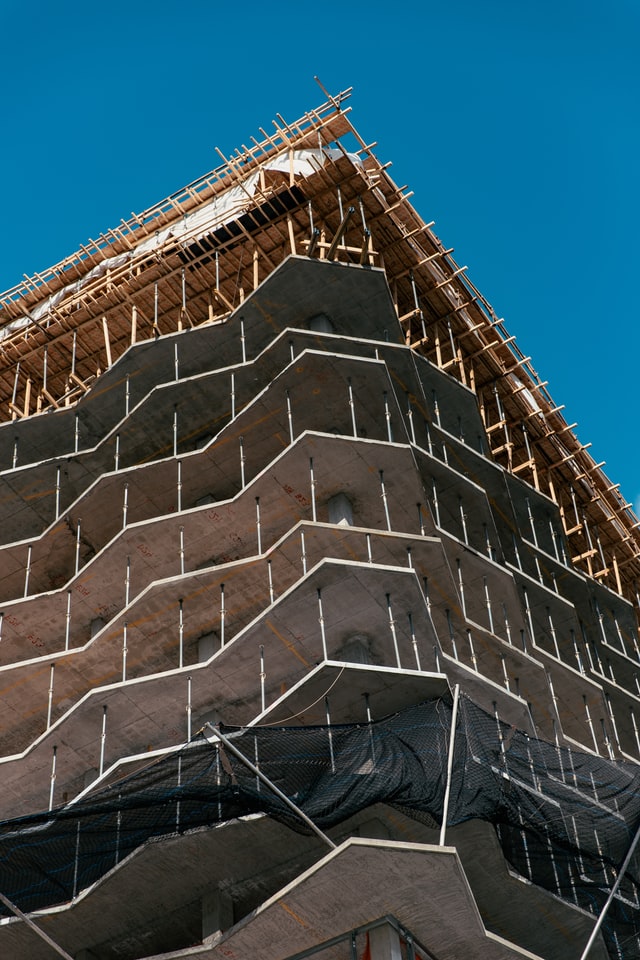
2-3. Time Schedule
In these contracts, the time schedule is very important for all the involved parties; As such, any delay in the completion and delivery of the facility will cause the contractor to pay the penalties related to the liquidated damage of the contract. This condition is designed to protect the project company against delays in completing the facility and to cover the interest on the loan.
2-4. Force Majeure
In drafting EPC contracts, the force majeure clause is very important due to the existence of two fixed elements, namely price and completion time. Because of the various obligations and risks the contractor incurs, he may resort to this condition during the construction operation and with the occurrence of fundamental changes in the conditions governing the project and increase in costs, refuses to fulfill his obligations. Therefore, the Events of Force Majeure in the contract should be adjusted according to the situation in the country where the project is implemented.
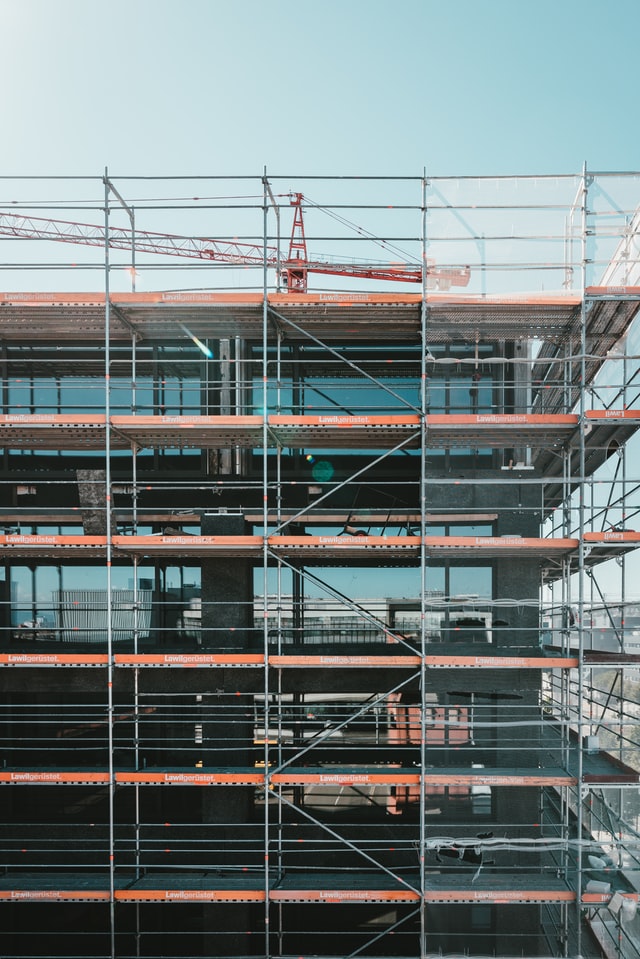
2-5. Contractor’s Responsibilities
The nature of EPC contracts is such that the contractor, despite accepting the most responsibility and risk, always seeks to increase the contract amount on the one hand and insert the terms of the limitation of liability on the other hand. In contrast, the project company and other actors involved in the project, especially the lenders, seek to extend the responsibility of the EPC contractor because most of the project company’s capital, including loans and equity shares of sponsors, is spent on construction operations, and any disruption in this operation jeopardizes the efficiency of the entire project.
Due to the fact that, in the EPC contract, the construction of the facility is completed and delivered to the employer within a specified time, the condition for the contractor to retain responsibility after this time is of great importance to the employer. Therefore, in order to repair the hidden defects in the constructed facilities, it is necessary to determine the time period after which the contractor is still responsible after the completion and delivery of the project, and to obtain the necessary guarantees in this regard.
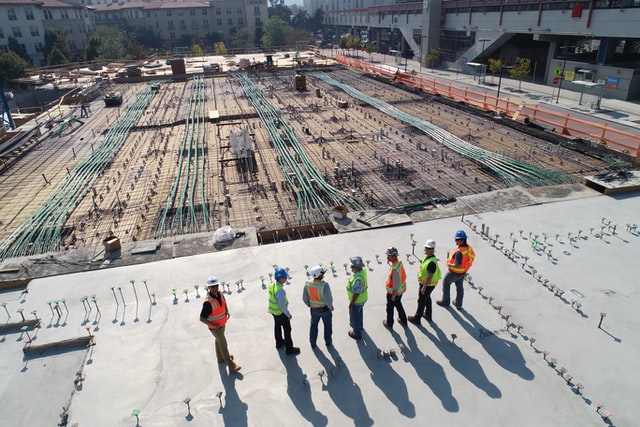
2-6. Contractor’s Obligations
- In a regular EPC contract, the Contractor undertakes the following in accordance with the specifications set forth in the Technical Specification of the Contract:
- Engineering, Procurement and construction of facilities, within a specified period;
- Construction and completion of facilities, in exchange for receiving a predetermined fixed amount;
- Ensuring the performance and efficiency of the facility based on the specifications stipulated in the contract and its annexes.
- In addition to the above, technological risks may be transferred to the contractor.
Our team is composed of highly skilled and versatile lawyers who combine practical experience and academic knowledge of their field. Most of our practitioners have worked in different professional environments, often outside their home jurisdiction.


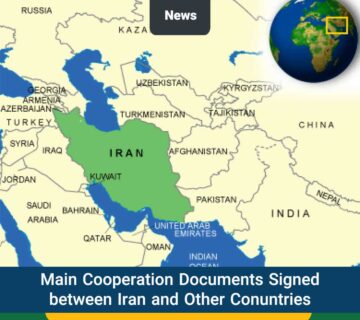
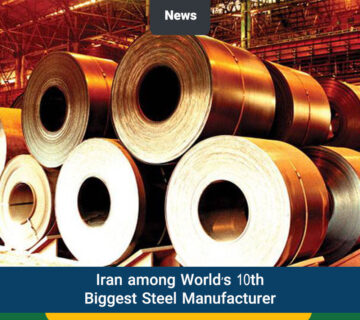

No comment